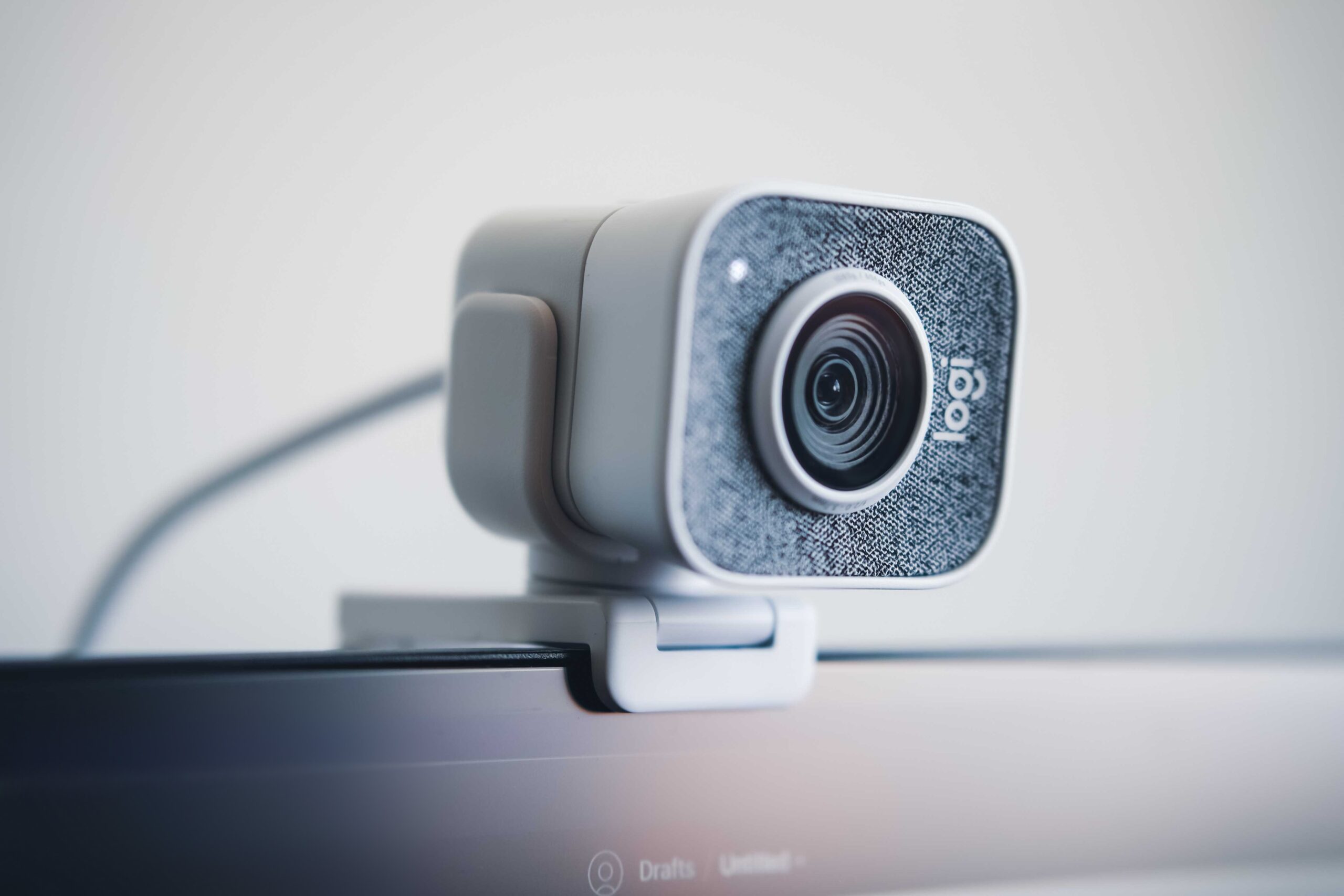In today’s digital age, webcams have become an essential tool for communication and content creation. However, as with any technology that connects to the internet, webcams can be vulnerable to hacking and other security threats. Protecting your privacy is crucial, and there are many steps you can take to secure your webcam and ensure that your personal information stays safe.
Cover Your Webcam
One simple but effective way to protect your privacy is to cover your webcam when it’s not in use. A physical cover or sticker can prevent hackers from accessing your webcam and potentially spying on you. You can also use a post-it note or piece of tape to cover your webcam if you don’t have a dedicated cover.
Update Your Software Regularly
Software updates often include security patches that address known vulnerabilities. It’s important to keep your webcam software up to date to ensure that you have the latest security features and protections. Check for updates regularly and install them as soon as they become available.
Use Antivirus Software
Antivirus software can help protect your computer from malware and other security threats, including webcam hacking. Make sure that you have antivirus software installed on your computer and that it’s updated regularly.
Avoid Suspicious Links and Downloads
Hackers often use phishing scams and malware to gain access to your computer and webcam. Be cautious when clicking on links or downloading files from unknown sources, and avoid suspicious emails or messages. If something seems too good to be true, it probably is.

Use a Firewall
A firewall can help protect your computer from unauthorized access and prevent hackers from accessing your webcam. Make sure that you have a firewall installed and that it’s set up to block incoming traffic from unknown sources.
Check Your Webcam’s Settings
Many webcams come with default settings that may not be optimized for security. Take the time to review your webcam’s settings and adjust them as needed. For example, you may want to disable remote access or limit the programs that can access your webcam.
Be Mindful of Your Surroundings
Even with the best security measures in place, it’s still possible for someone to physically access your webcam. Be mindful of your surroundings and make sure that no one is watching you or trying to access your computer or webcam without your knowledge.
In conclusion
securing your webcam is an essential step in protecting your privacy and personal information. By following these tips and taking proactive measures, you can help prevent webcam hacking and other security threats. Remember to stay vigilant and stay up to date on the latest security developments to ensure that your privacy is always protected.
 Online Hardware Test Online Hardware Test – Tips and Troubleshooting
Online Hardware Test Online Hardware Test – Tips and Troubleshooting


